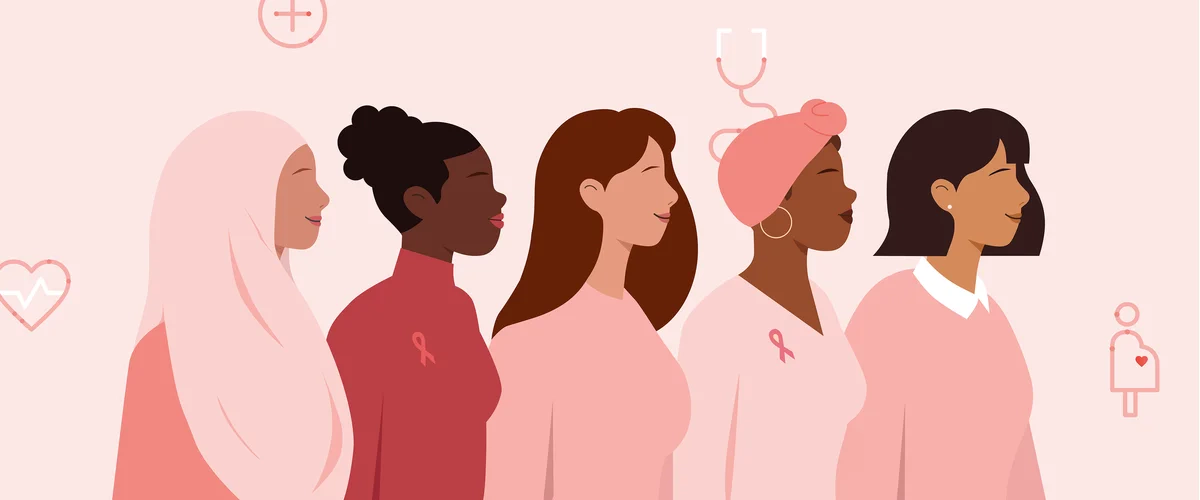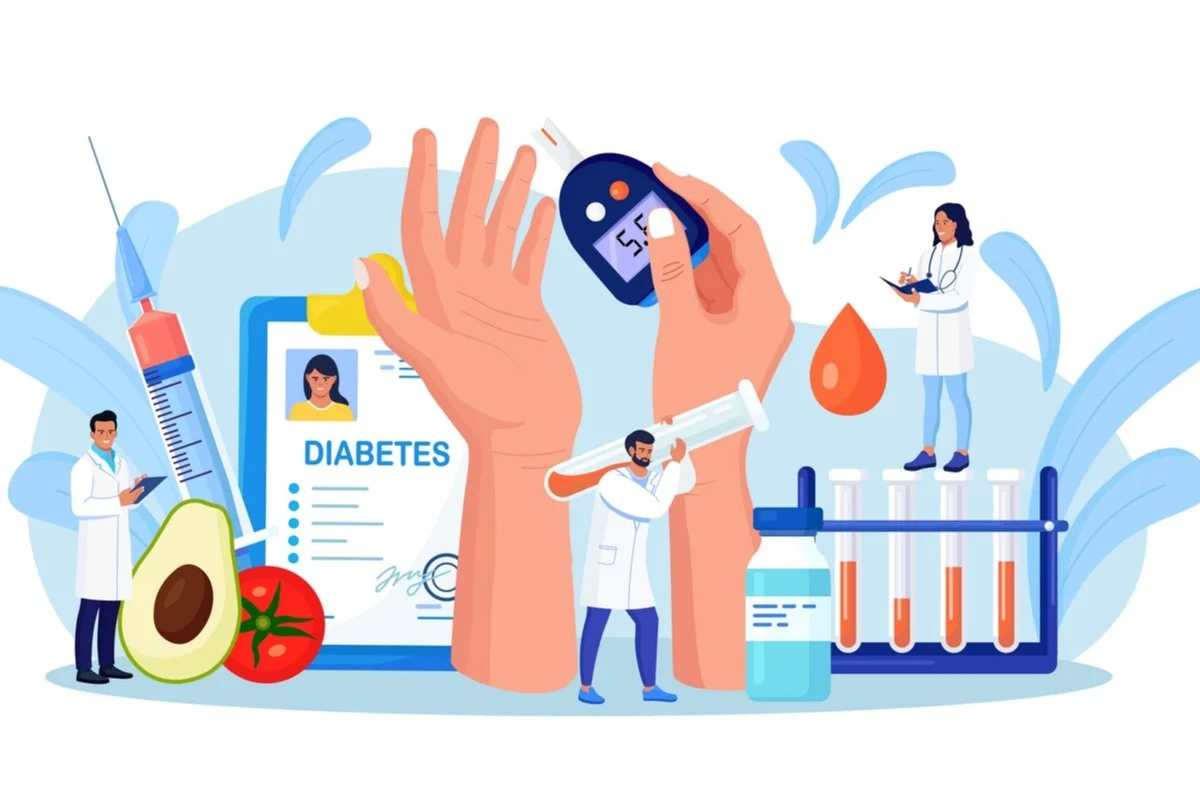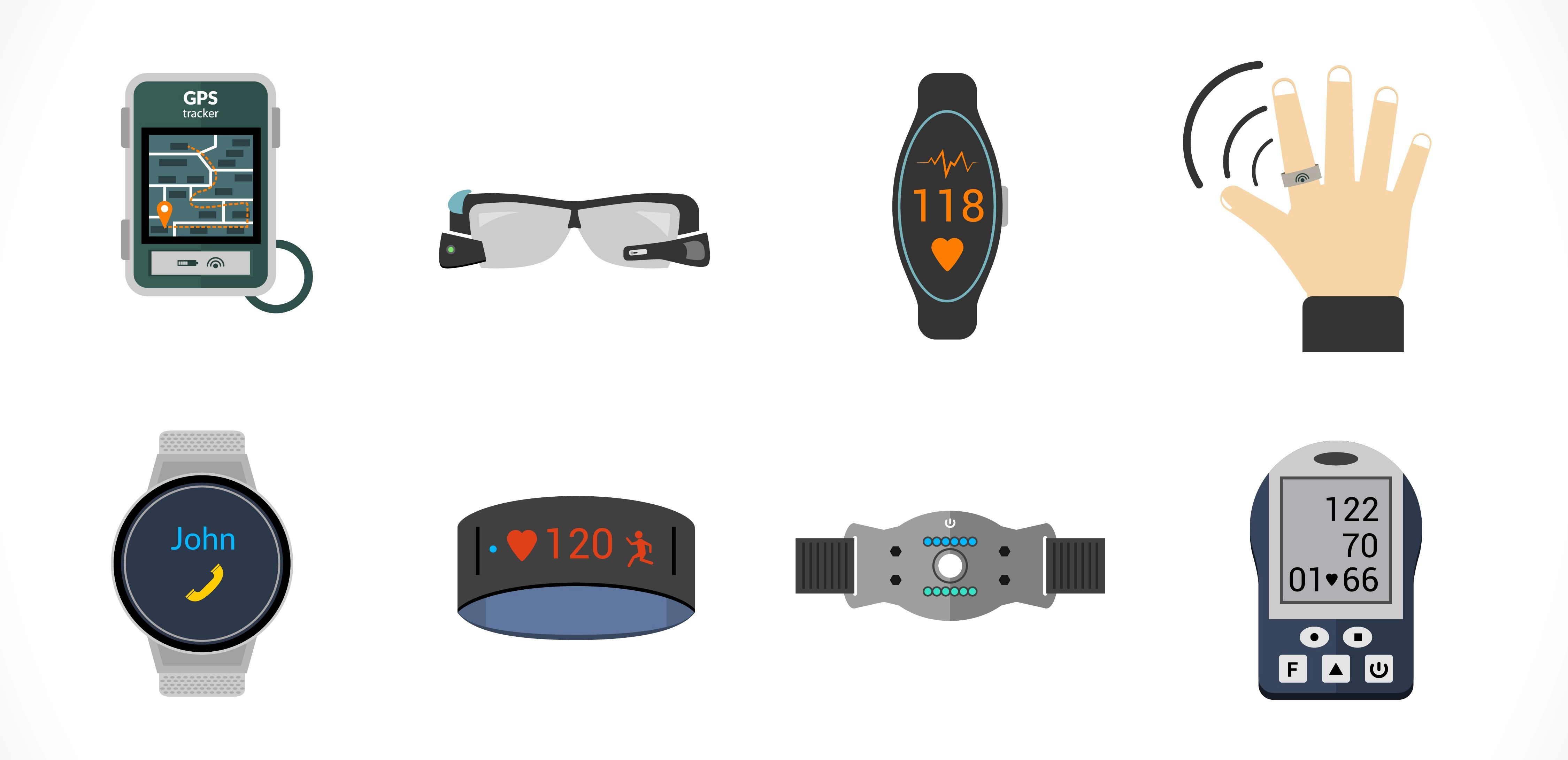Unveiling the Tapestry of Women's Health: A Comprehensive Exploration of Challenges, Triumphs, and Pathways to Empowerment

Women's health stands as an intricate tapestry woven with threads of biological intricacies, societal norms, cultural expectations, and systemic barriers. From the delicate balance of reproductive health to the resilience demanded by chronic conditions, the journey towards holistic well-being encompasses multifaceted dimensions. This article embarks on an extensive exploration of women's health, shedding light on disparities, triumphs, and the collective endeavor required to empower women across diverse contexts.
Reproductive Health and Rights
Menstrual Health
Menstruation, a natural bodily process, often carries stigma and taboo, hindering access to essential menstrual hygiene products and education. Addressing menstrual equity involves destigmatizing menstruation, ensuring access to affordable products, and providing comprehensive education to empower women and girls.
Family Planning
Access to contraception enables women to make informed decisions about their reproductive lives, yet barriers such as cost, lack of information, and cultural beliefs persist. Advocating for universal access to a range of contraceptive methods promotes reproductive autonomy and enables individuals to plan their futures.
Safe Abortion
Restrictive laws and social stigma impede access to safe abortion services, leading to preventable maternal deaths and suffering. Protecting reproductive rights entails decriminalizing abortion, ensuring access to safe and legal services, and fostering supportive environments free from judgment and coercion.
Maternal Health and Beyond
Prenatal Care
Adequate prenatal care plays a pivotal role in ensuring healthy pregnancies and reducing maternal and infant mortality. Improving access to prenatal services, particularly in underserved communities, requires investment in healthcare infrastructure, training of skilled birth attendants, and community-based outreach programs.
Postpartum Support
The postpartum period is a critical juncture for maternal health, yet postpartum care often receives inadequate attention and resources. Comprehensive postpartum support, including mental health screening, lactation support, and access to contraception, is essential for promoting maternal well-being and bonding with newborns.
Maternal Mental Health
Pregnancy and childbirth can trigger or exacerbate mental health issues, such as postpartum depression and anxiety. Integrating mental health screening and support into maternal healthcare services ensures early identification and intervention, reducing the burden of maternal mental illness on women and families.
Mental and Emotional Well-being
Gender Disparities in Mental Health
Women are disproportionately affected by mental health disorders, attributed to biological, social, and psychological factors. Recognizing and addressing the unique stressors and barriers faced by women, including gender-based violence, caregiving responsibilities, and societal expectations, is crucial for promoting mental well-being.
Trauma-Informed Care
Many women have experienced trauma, including interpersonal violence, sexual assault, and childhood abuse, which can have profound and lasting effects on their mental health. Implementing trauma-informed approaches in healthcare settings involves creating safe and supportive environments, providing trauma-sensitive care, and offering resources for healing and recovery.
Chronic Conditions and Preventive Care
Breast Health
Breast cancer remains a significant health concern for women worldwide, underscoring the importance of early detection and comprehensive breast health services. Promoting breast awareness, providing screening mammography, and ensuring access to timely diagnosis and treatment are essential components of breast cancer prevention and control.
Osteoporosis and Bone Health
Osteoporosis disproportionately affects women, leading to increased risk of fractures and disability. Comprehensive approaches to bone health, including calcium and vitamin D supplementation, weight-bearing exercise, and bone density screening, are crucial for preventing and managing osteoporosis and reducing the burden of fractures.
Cardiovascular Health
Heart disease is the leading cause of death among women globally, yet awareness and understanding of cardiovascular risk factors remain low. Empowering women with knowledge about heart health, promoting healthy lifestyle habits, and advocating for gender-sensitive cardiovascular care are vital for reducing cardiovascular morbidity and mortality in women.
Intersectionality and Health Equity
Race, Ethnicity, and Health Disparities
Women from marginalized racial and ethnic groups face intersecting barriers to healthcare access and quality, leading to disparities in health outcomes. Addressing structural racism, promoting cultural competence in healthcare delivery, and centering the voices and experiences of marginalized women are essential for achieving health equity.
Socioeconomic Status and Access to Care
Socioeconomic factors, including income, education, and employment status, significantly influence women's access to healthcare services and health outcomes. Implementing policies to address social determinants of health, such as affordable housing, living wages, and universal healthcare coverage, is critical for reducing health disparities and promoting health equity for all women.
Women's health is a complex and multifaceted journey shaped by biological, social, and environmental factors. Achieving optimal health and well-being for women requires a holistic approach that addresses reproductive health and rights, maternal health, mental and emotional well-being, chronic conditions, and intersectional inequalities. By advocating for policies and programs that prioritize women's health, fostering supportive and inclusive environments, and empowering women to make informed decisions about their bodies and lives, we can create a world where every woman has the opportunity to thrive.






